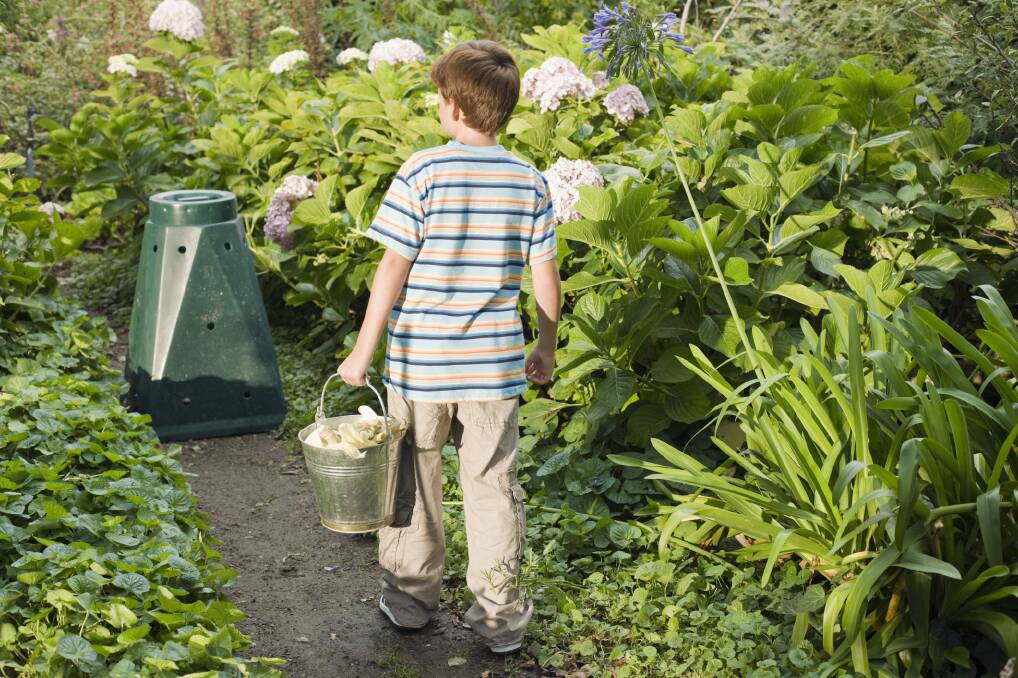Healthy soil is the foundation of a thriving garden so continual improvement should be at the forefront of your mind whenever you add or remove crops.
Subscribe now for unlimited access.
$0/
(min cost $0)
or signup to continue reading
The addition of organic matter, compost or pulverized manure is number one priority when time is short.

Vacant beds over winter can be sown with green manure seeds – a much better option than leaving it bare. Leafy foliage is grown to the point of seeding, then cut down and turned in rather than harvested.
Before you sow green manure seed, gently cultivate the top few centimetres of soil to break it up and add some Yates Dynamic Lifter – a rich source or organic nutrients that will feed the seedlings.
You can buy green manure seed from any produce store or make use of out of date pea and bean seedlings from your garden supply. Two to three months before the plants flower, cut them close to the ground and dig all into the soil.
Manure is equally useful but different kinds have different properties. Unlike chemical fertilisers, manure supplies organic matter to the soil and supplies trace elements as well. The value of the animal manure varies with the food eaten by the animal. Sheep are fond of nettles. Horses eat straw or hay, and grains will appears as clumps of weeds in gardens.
All manures are most valuable when they come with some kind of bedding material. Once rotted or composted the resulting soil improver provides both bulk, soil structure and nutrients, which are released into the ground as the manure decomposes.
Poultry manure is very rich and best mixed into a compost heap or staked with a lot of straw. Pulverised cow manure is slow acting and kind to most plant materials whether young or old. The main use for manures is in the vegetable garden.
When handling animal based products keep any cuts covered, wash your hands before and after use and keep anti-tetanus protection up to date.
Dig composted beds only when necessary to break up hard and impacted ground. Digging can encourage weed seeds, bringing a new batch to the surface every time you fork it over. A covering of plants or mulch over bare ground will protect the soil structure. Soil should never be so wet that it sticks to the spade, nor too dry that you have to break up heavy clods.

